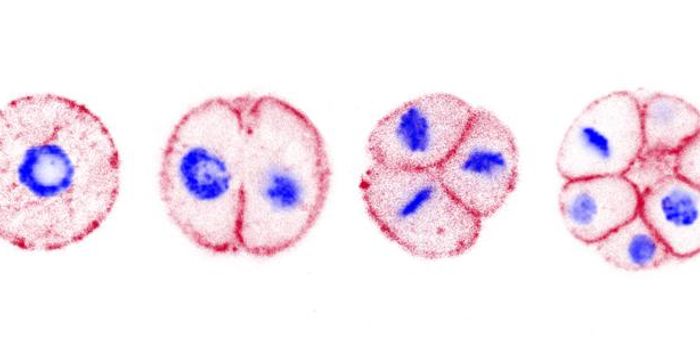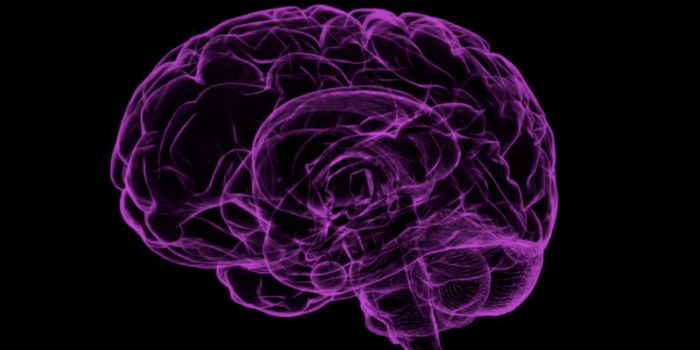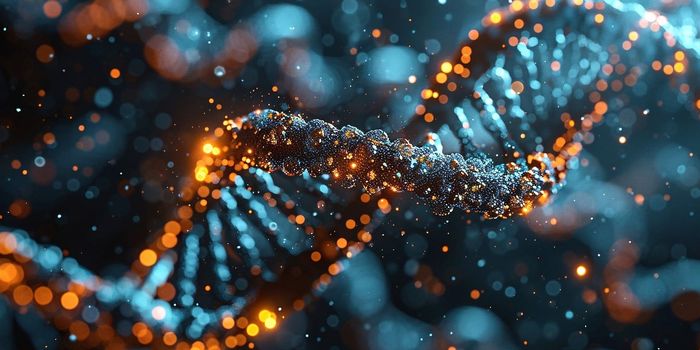In the middle of the 19th century, Charles Darwin published
On the Origin of Species, which contains his theory of evolution. According to Darwin, only the genes that benefit an organism’s fitness get passed down over time to the next generations. However, scientists have found a gene in mouse populations that defies Darwin’s theory, thought to be tried and true after hundreds of years since the publication of
On the Origin of Species.
What’s the “selfish” gene in the spotlight? It is called R2d2, and it “cheats” during female meiosis to ensure that its alleles get passed down to the offspring being created. The process is called meiotic drive, and it goes against the life work of another demigod of genetics: Gregor Mendel.
Also known as the Father of Genetics, Mendel is famous for his 1865 genetic principle, the Law of Segregation, which states that there is an equal chance of a maternal or paternal allele of being transmitted to offspring.
With meiotic drive, R2d2 alleles spread quickly through both laboratory and wild mouse populations. In their study published in the journal
Molecular Biology and Evolution, scientists from the University of North Carolina at Chapel Hill School of Medicine showed for the first time how a selfish gene can become fixed in a population of organisms.
Why is R2d2 so selfish? Not only do its alleles push their way through meiosis, they actually reduce the fertility of females, causing them to have fewer offspring. This reaction is completely counterintuitive to the survival of the species, yet R2d2 alleles soar through mouse populations.
“This trade-off is what makes R2d2 selfish,” said graduate student and co-author Andrew Morgan. “If meiotic drive is strong enough, then it increases the frequency of alleles that decrease reproductive fitness."
According to Pardo-Manuel de Villena, PhD, senior author of the paper, unlike other genes that rise to the top because they help an organism adapt to new surroundings by surviving and reproducing, the rise of R2d2 has “nothing to do with adaption.”
Source:
UNC Healthcare System









